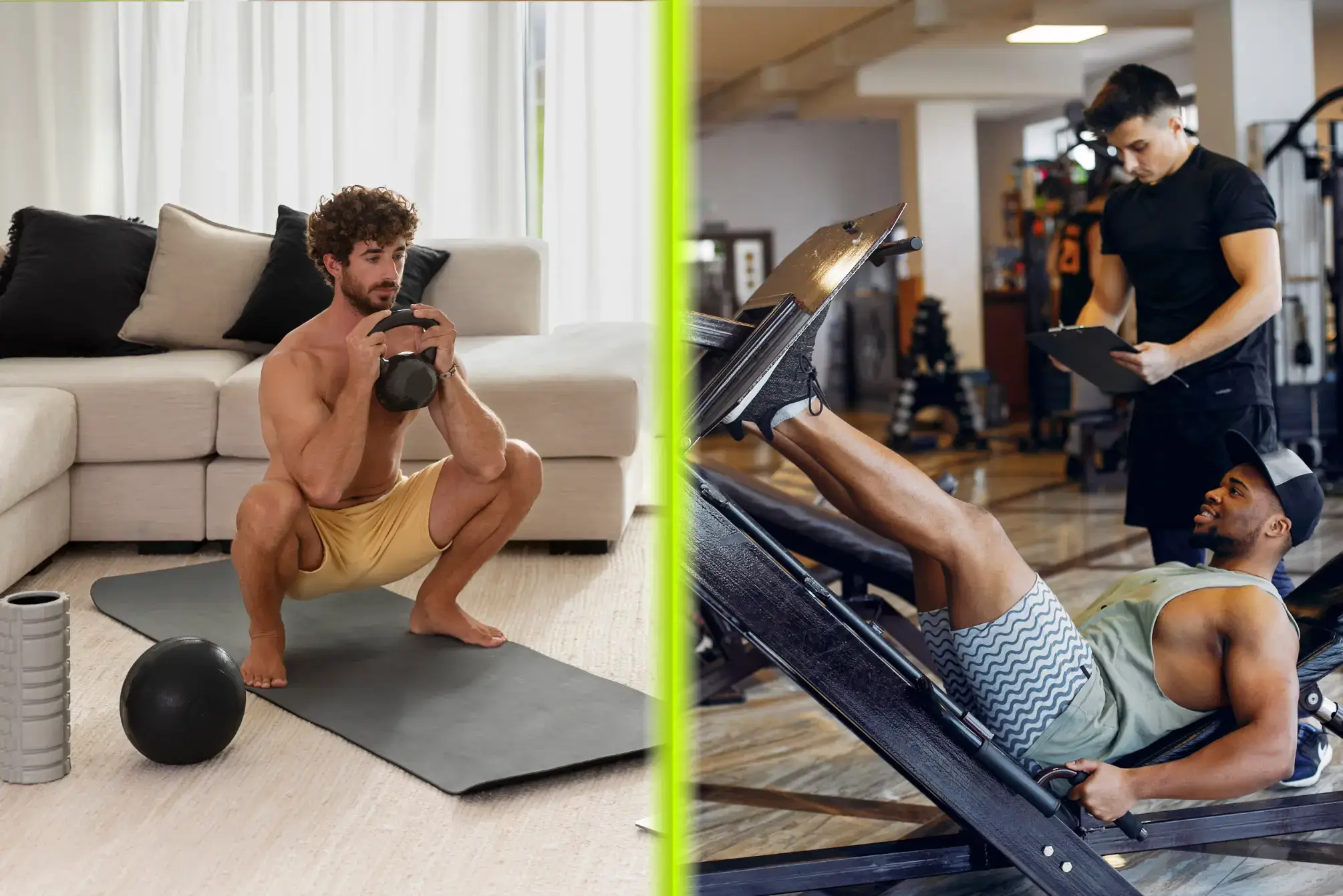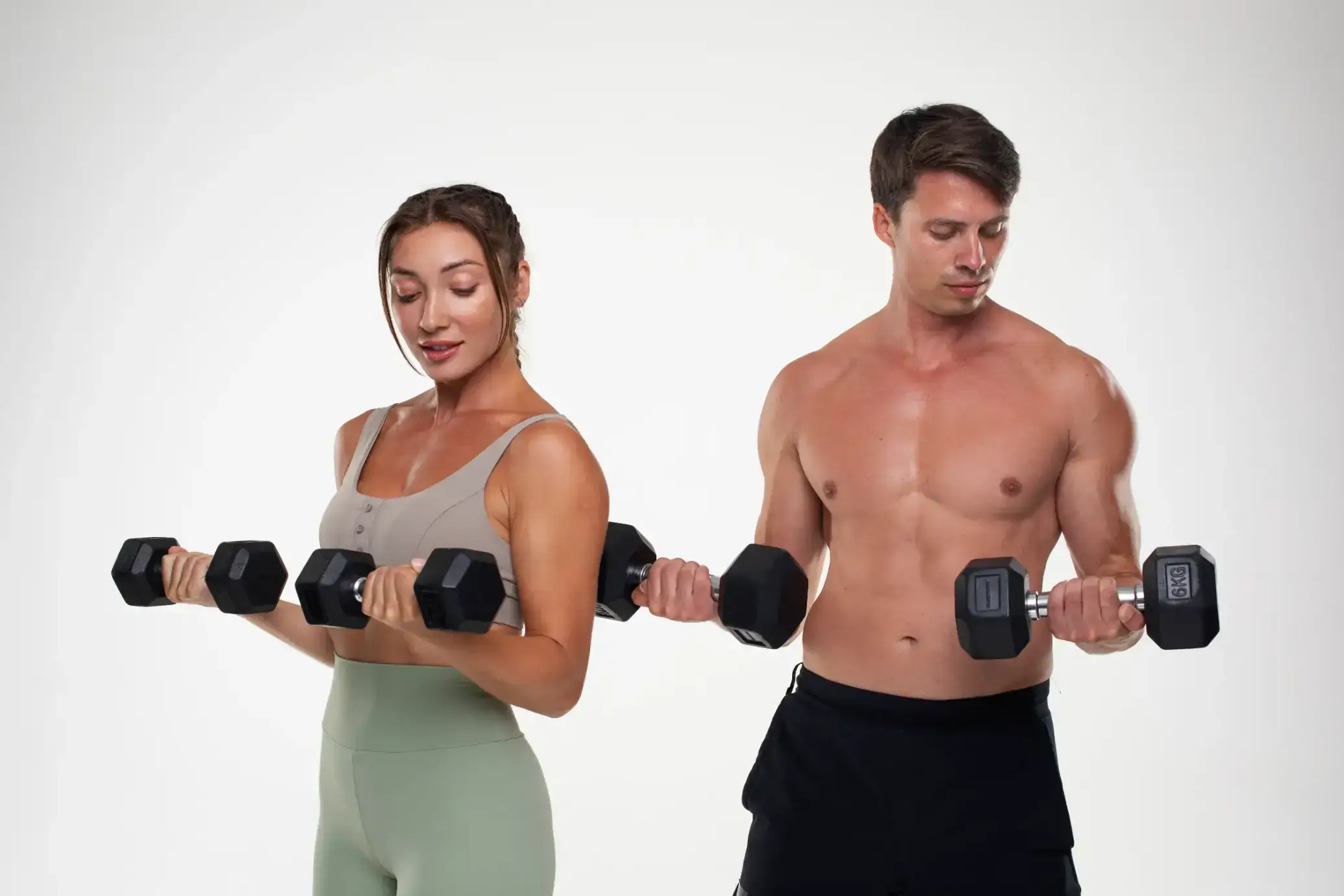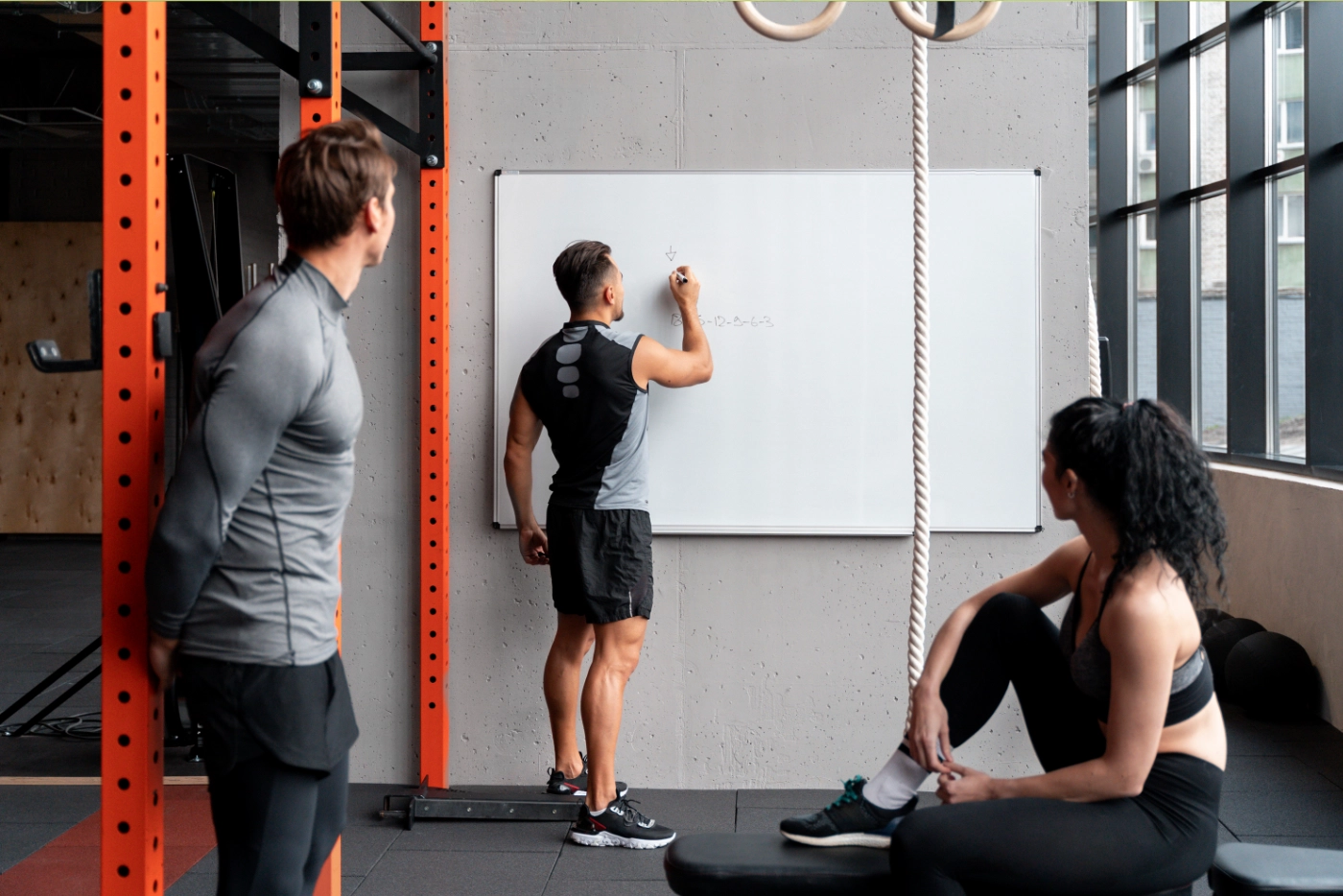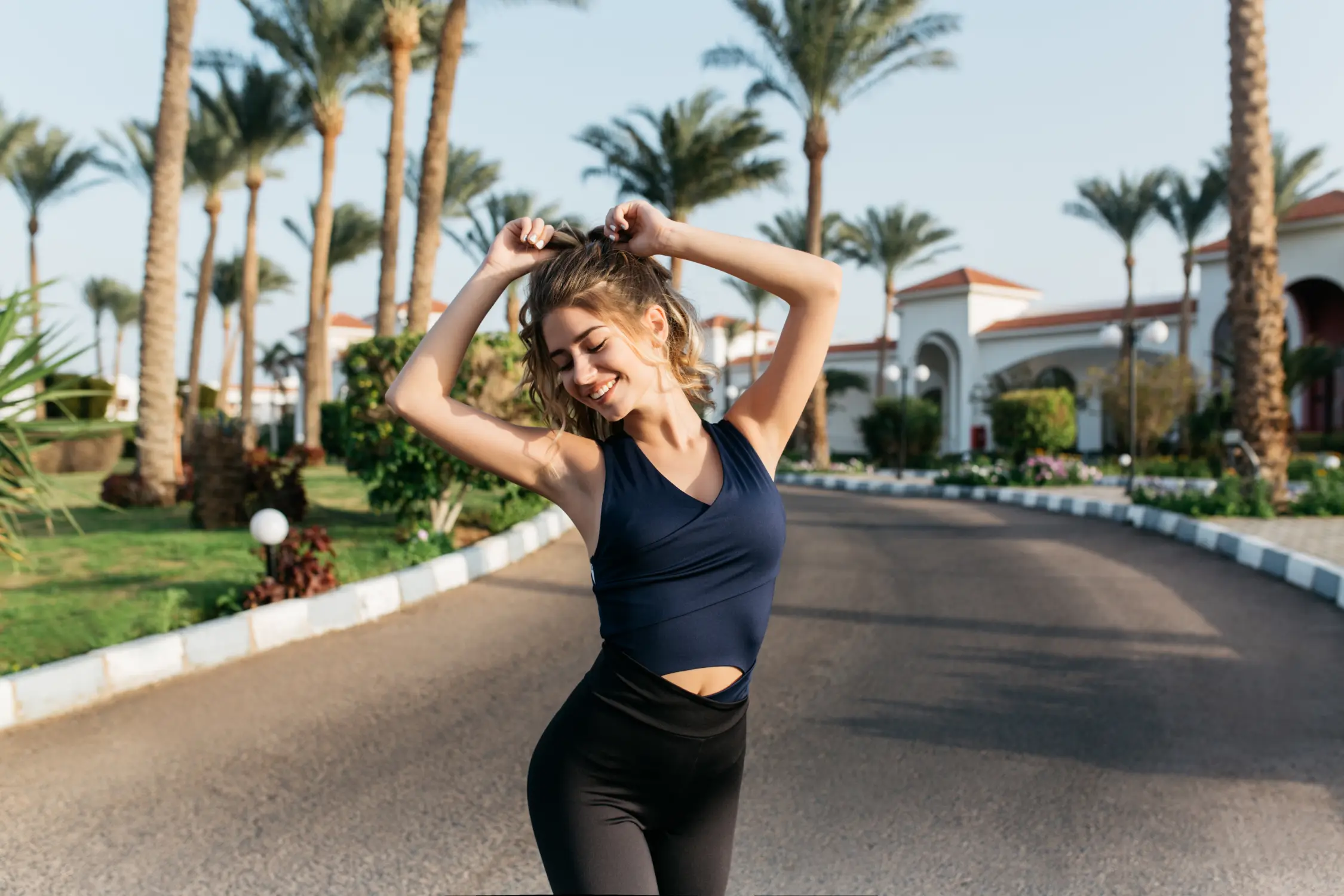Dubai Fitness Coaching: Should You Train at Home or in the Gym?
In a city like Dubai—where high-performance lifestyles meet world-class fitness options—choosing between home personal training and gym personal training is more than a matter of convenience. It’s a psychological decision that impacts motivation, adherence, and long-term success.
As a Sports Science graduate and personal trainer with over 14 years of transforming lives, I’ve seen firsthand how environment shapes behavior. Backed by evidence from sports psychology, this blog will help you make the best choice based on your mindset, lifestyle, and goals.
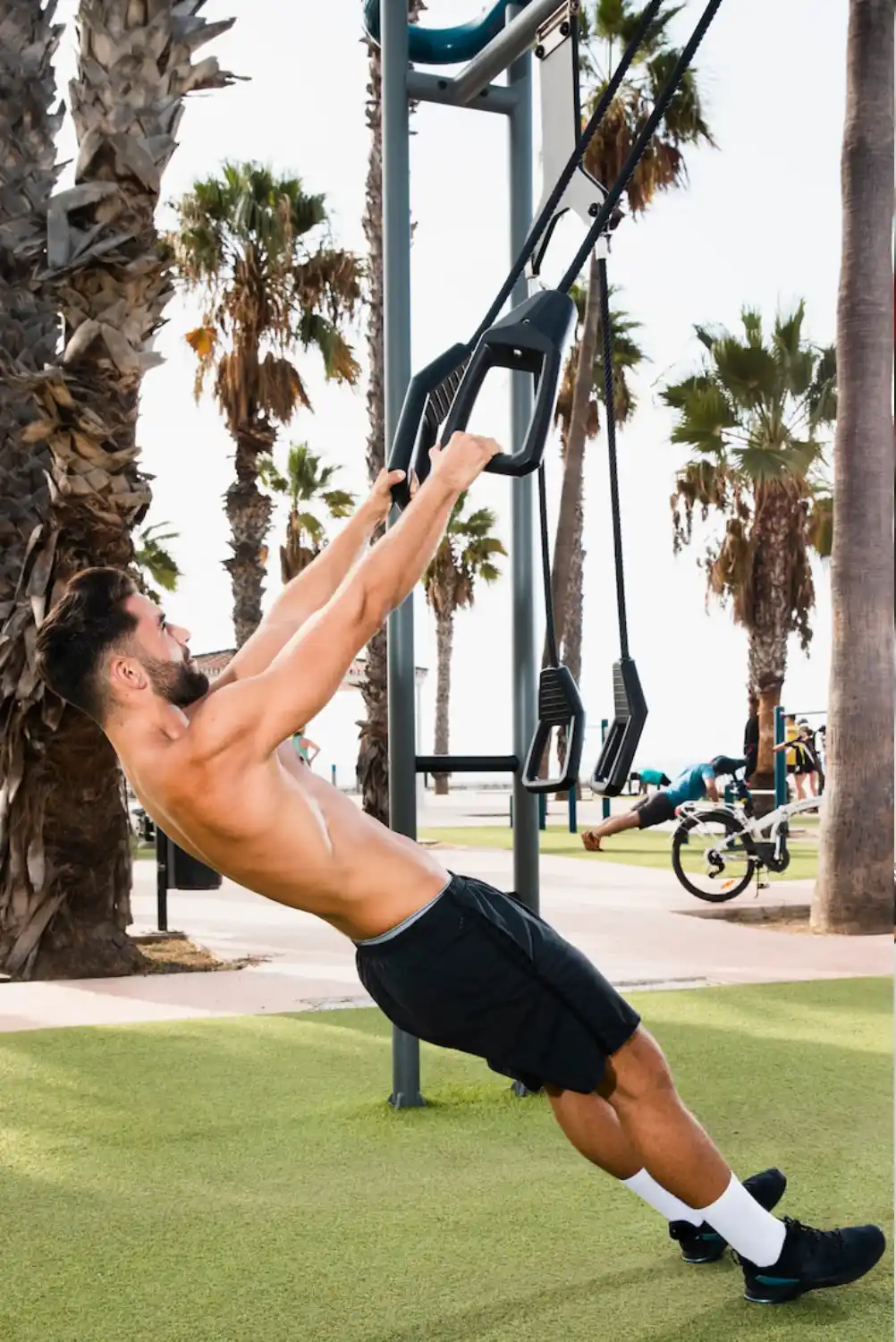
Why Your Training Environment Shapes Your Success
According to Self-Determination Theory (Deci & Ryan, 2000), we are more likely to stick to exercise routines when three psychological needs are met:
- Autonomy: Feeling in control of your actions.
- Competence: Feeling capable and effective.
- Relatedness: Feeling connected to others.
Whether you train at home in Dubai Marina or at a gym in Downtown, your ability to meet these psychological needs will influence consistency and results.
Home Personal Training in Dubai: Control, Comfort & Convenience
Training from home—whether on your balcony overlooking Burj Khalifa or in a spare room—can powerfully fulfill the need for autonomy and reduce common psychological barriers.
Psychological Benefits
- High Autonomy: You choose the schedule, location, and pace—enhancing intrinsic motivation (Teixeira et al., 2012).
- Lower Social Anxiety: Ideal for beginners or those who feel self-conscious in public spaces (Crawford & Eklund, 1994).
- Comfort Enhances Competence: Familiar environments help clients feel more capable and confident.
Practical Advantages
- No Commute: Ideal for busy professionals in Dubai’s traffic.
- Cost-Efficient Setup: Resistance bands, dumbbells, and bodyweight exercises are enough.
- Outdoor Options: Incorporate parks, rooftops, and beaches.
Challenges to Consider
- Distractions at Home: Family, work, and digital devices can interfere.
- Self-Motivation is Crucial: Without gym culture or peer influence, motivation must come from within.
- Space Limitations: Especially in apartments or shared villas.
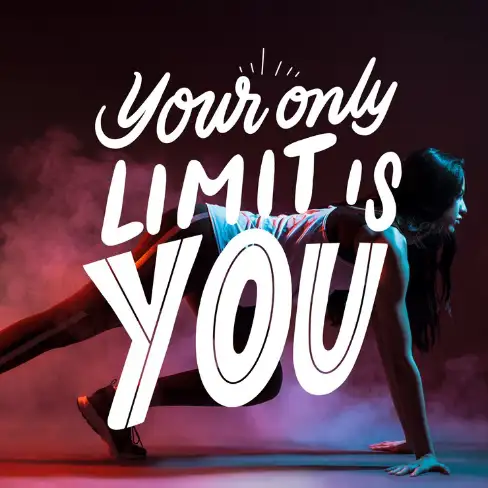
Gym Personal Training in Dubai: Structure, Support & Stimulation
Dubai gyms like Warehouse Gym, Fitness First, and GymNation offer more than equipment—they provide structured, community-driven environments that fuel consistency.
Psychological Benefits
- Boosts Relatedness: Training with others can enhance commitment and enjoyment (Carron et al., 1996).
- Skill Development through Structure: Trainers help perfect form and build confidence—fulfilling the need for competence.
- Motivation via Social Facilitation: You perform better in the presence of others (Zajonc, 1965).
Practical Advantages
- Equipment Variety: From kettlebells to squat racks.
- Amenities: Pools, saunas, recovery zones.
- Group Classes: HIIT, Zumba, strength circuits.
Challenges to Consider
- Cost: AED 150–400/session + monthly membership fees.
- Crowds & Social Pressure: May overwhelm introverts or beginners.
- Time Commitment: Commuting and locker room delays can be frustrating in Dubai’s fast-paced life.
Table: Home vs. Gym Personal Training in Dubai
| Factor | Home Personal Training | Gym Personal Training |
|---|---|---|
| Autonomy | ✅ High (choose time, space, pace) | ❌ Limited (fixed schedules, external environment) |
| Competence | ⚠️ Varies (self-led or trainer-guided) | ✅ Strong (trainer guidance, structured progression) |
| Relatedness | ❌ Low (solitary) | ✅ High (community, shared energy) |
| Convenience | ✅ Max (no commute, flexible timing) | ❌ Less (commuting, traffic, parking) |
| Cost | ✅ Affordable (low setup cost) | ❌ Higher (AED 250–800/month including sessions) |
| Motivation Triggers | ⚠️ Internal only | ✅ Social cues, trainer presence, competition |
| Space & Setup | ⚠️ Limited (depends on home size) | ✅ Full equipment access |
| Best For | Busy professionals, introverts, parents | Athletes, extroverts, those needing variety & accountability |
How to Choose: A Sports Psychology-Based Approach
✅ Assess Your Motivation Style
- Intrinsic Motivation: Prefer independence? Choose home training.
- Extrinsic Motivation: Thrive in social settings? Opt for the gym.
✅ Consider Your Personality Type
- Introverts: Feel more confident training in private.
- Extroverts: Feed off group energy and social interaction.
✅ Identify Your Readiness Stage
Use the Transtheoretical Model (Prochaska & DiClemente, 1983):
- Contemplation/Preparation: Start at home for low-friction entry.
- Action/Maintenance: Gym environments provide continued challenge and structure.
✅ Use Behavioral Cues for Habit Formation
- At Home: Set a visual cue like a yoga mat or mirror in your living space (Verplanken & Melkevik, 2008).
- At the Gym: Set accountability goals with your trainer.
Real Client Example
“Abooyeah’s home training helped me lose 8 kg in 3 months. His insights into my mindset made the difference!” – Ahmed, Dubai Marina Client

Why Work With Me?
As a Sports Science graduate and certified personal trainer with over 14 years of experience, I design programs that align with both your physiological and psychological needs. Whether you’re in JBR, Business Bay, or Al Barsha, I bring a science-backed, personalized approach to your doorstep—or your favorite gym.
Ready to Start Your Transformation?
- Book a Free Consultation: Find out which option—home or gym—is best for your goals. Contact Me Now
- Explore My Training Programs: Personalized for location, lifestyle, and psychology.
- Follow Me on Instagram: Daily fitness tips, transformations, and client spotlights. @Abooyeah
Looking for the best Personal Trainer in Dubai? Start your transformation with expert coaching tailored to your needs. Get Started Now.

About The Author
Abooyeah is a Sports Science graduate and certified personal trainer with over 14 years of hands-on experience in fitness, nutrition, and performance coaching. Based in Dubai, UAE, he specializes in evidence-based diet planning and sustainable health transformations.
References
- Carron, A. V., Hausenblas, H. A., & Mack, D. (1996). Social influence and exercise: A meta-analysis. Journal of Sport & Exercise Psychology, 18(1), 1–16.
- Crawford, S., & Eklund, R. C. (1994). Social physique anxiety, reasons for exercise, and attitudes toward exercise settings. Journal of Sport & Exercise Psychology, 16(1), 70–82.
- Deci, E. L., & Ryan, R. M. (2000). The "what" and "why" of goal pursuits: Human needs and the self-determination of behavior. Psychological Inquiry, 11(4), 227–268.
- Prochaska, J. O., & DiClemente, C. C. (1983). Stages and processes of self-change of smoking: Toward an integrative model of change. Journal of Consulting and Clinical Psychology, 51(3), 390–395.
- Teixeira, P. J., Carraça, E. V., Markland, D., Silva, M. N., & Ryan, R. M. (2012). Exercise, physical activity, and self-determination theory: A systematic review. International Journal of Behavioral Nutrition and Physical Activity, 9(1), 78.
- Verplanken, B., & Melkevik, O. (2008). Predicting habit: The case of physical exercise. Psychology of Sport and Exercise, 9(1), 15–26.
- Zajonc, R. B. (1965). Social facilitation. Science, 149(3681), 269–274.



